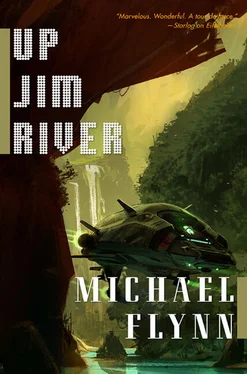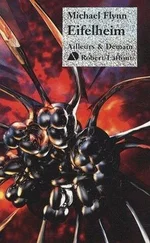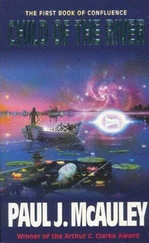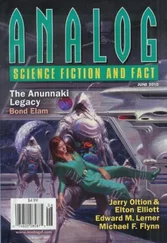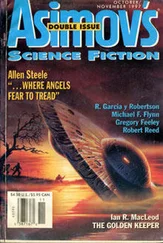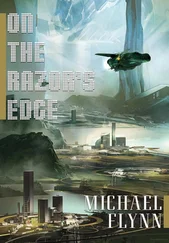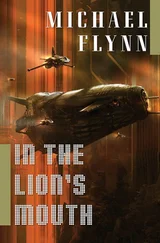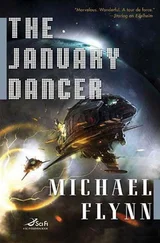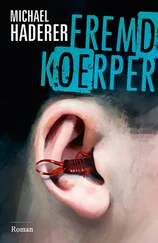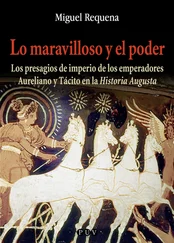Méarana showed the man her own medallion. “Here is a second piece. You can see they came from the same tradition. This may also have passed through your hands.”
The wholesaler took both medallions and compared them. “Many are the pieces that pass through here. They are bundled into lots for auction when the buyers appear, and such lots want both diversity and similarity. But once they are gone and Gladiola Bills of Exchange have taken their places, of what use is the memory of them?”
“Please, sahb,” said Billy. “If we say what world, can you show us lots belong from there?”
The harper sighed. “Oh, Billy, it’s the name of the world we’re trying to find out.”
Billy ducked his head and tugged his forelock. “Oh, mistress harp. Billy see him sword up street belong-him such-much colors.”
“Pastels?”
“Card, he say sword belong world Enjrun.”
Donovan scowled, angry at the Pedant for having forgotten that information, and at the Sleuth for not sharing his deduction. He cursed himself for a broken old man.
“Do you have any lots of Enjrun merchandise in your warehouse?” Méarana asked Cheng-bob.
The proprietor shrugged. “This is an occasion of looking.” He slid off the stool and led the way into the back, where the shelves and bins were filled with shipping cartons. Some bore the names of art houses on Valency and elsewhere, others bore only lot numbers. Their entry into this portion of the building triggered an occasion of activity on the part of the warehousemen. A forklift floated down an aisle with a pallet, a supervisor at the other end of the aisle scanned lot numbers into her dibby and attached amshifars to the containers; but Méarana had the sense that moments before, none of these things were happening.
Cheng-bob called out, “Kola! Where are the lots from Enjrun that Vettery’s Cat brought in last month?”
The supervisor spoke into her throat-mike, listened with a hand cupped to her ear, and called back, “Ngi!”
Cheng-bob hollered thanks and led them down the front aisle. The rows, Méarana saw, were labeled in traditional consonantal order: k, ng, c, ñ, and so forth, and made a bet with herself that the bins in the cross direction were labeled in vowel order: a, a, i, i, and so on. The syllable ngi thus represented the second row, fourth bin.
Which was where the importer took them. “This lot was brought by the trade ship Vettery’s Cat,” he explained as they strode briskly between the striped lines of the walkways.
“Your memory is now working quite well,” Méarana said.
Cheng-bob turned his head. “What art the lot holds is unknown to me. The billings, accounts, and shipments are not.”
“Is Vettery’s Cat in port now?” Donovan asked. “We’d like to speak to her captain.”
Cheng-bob did not break stride. He spoke briefly into his throat-mike, then said, “No, there was an occasion for departure to Ōram and Zhenghou Shuai sixday last. Here is the lot, unconsigned, to be auctioned when the buyers appear from Valency and High Tara.”
The container was standard intermodal, slightly taller than a man, and possessed a double door on the side facing the aisle. It was festooned with stickers identifying the trade ship and the exporter, a notary’s seal testifying to its provenance, a tentative valuation, a large amshifar to track it.
“Is that a regular thing?” Donovan asked. “I mean the art dealers coming here.” Méarana began unfastening the clasps that held the doors closed.
“Oh, yes. The arrival of the buyers is unto us the occasion of a festival. The Gatmander Festival of the Wild Arts. Although, this is an occasion of honesty to me…” He lowered his voice. “…some of the artists are Gats. As you know, poor Gatmander is at the tail end of nowhere. ‘On the very edge of skies,’ as our anthem puts it. And…”
Méarana turned suddenly from the container. “What was that?”
Cheng-bob blinked puzzlement. “Our…anthem?”
“Yes. How does it go?”
“It is sung thusly…” And then in a voice innocent of key and scale, he sang:
‘On Gatmander, far Gatmander
On the very edge of skies,
There is occasion for—’
“Out to the edge!” the harper cried. “Out to the edge! That is what Mother meant . This is where she came!” Then, more quietly, she whispered, “This is where she came.”
Donovan felt a glow of satisfaction for which he could not account, but the Fudir seized control of his tongue. “Sleuth! You knew! And you said nothing?”
His outburst frightened the exporter and he took a hasty step back. Teodorq, too, appeared startled and uncertain; but Billy placed a hand on the scarred man’s arm and said, “Sahb rest. No time now bicker-bicker,” and he led him to a low crate in another storage bay and caused him to sit there. The scarred man seethed with rage and humiliation.
You can’t take all the credit, the Pedant told the Sleuth.
“Oh, shut your food-hole,” said the Fudir. “Both of you.”
Sleuth you think you’re clever , the Silky Voice purred, but cleverness without communication is sterile .
Not every puzzle can be solved by smooth talking and seduction, Silky
“And not every problem is a puzzle,” said Donovan.
“Never mind all that,” said the Fudir. “Did you see the way she looked at us?”
Over by the cargo container, Teodorq Nagarajan scratched his head. “What’s wrong with the boss?”
The harper turned once more to the latches and swung the doors open. “Never mind him. He’ll be all right after he gets some rest.” She stepped inside the container, then stepped out again. “And I’m the boss,” she told the bodyguard.
Teodorq turned to Billy, who had rejoined them. “She’s the boss?”
The khitmutgar shrugged. “She always was.”
The shipping container held cases equipped with stacks of flat sliding trays. These, Méarana and the others slid out and in. There were earrings and pendants, medallions and brooches, bracelets and wristclocks, buckles and bangles, frets of interlaced wires. About half were done in the style of Méarana’s medallion—brightly colored stones set into gold or silver or aluminum—which Cheng-bob told them was called “parking stones” by the natives of Enjrun. No finer “parkingers” could be found, he assured them, in all the Spiral Arm.
Méarana did not know what she expected to find. In deeper drawers nestled cups and mugs, vases and breakstones. The art was beautiful, barbaric, compelling. But none of it brought her any closer to her mother. What had Mother seen in the art of Enjrun that sent her into the Wild after the source?
“What Enjrun lots belong here maybe two metric years ago?”
Méarana had to look twice to assure herself that it was Billy Chins who had asked. His Gaelactic had been improving over the months they had traveled together, and he could now frame whole sentences without falling into the Terran patois. The khitmutgar spared her a shy smile. “Maybe art your mother see, now long-time passé.”
Cheng-bob tapped his front teeth with his thumbnail while he thought. Then he activated his voice link. “Kola! Did that old wood carving leave with Donozay Mpehle last Art Festival? No? It was paid for, wasn’t it? Canceled? Ay!” He signed off. “A high relief wood carving sits in the outsize bins. As it pertains to one and all, it is an occasion for admiration; but as an occasion for purchase, not at all. Perhaps it is an occasion for firewood.”
The carving was in ksau, the very last bin in the rack used for outsized items, and when the shroud had been pulled aside Méarana saw immediately why it had neither been sold nor consigned to the mulcher. It was much too beautiful to destroy, and far too ugly to display.
Читать дальше
